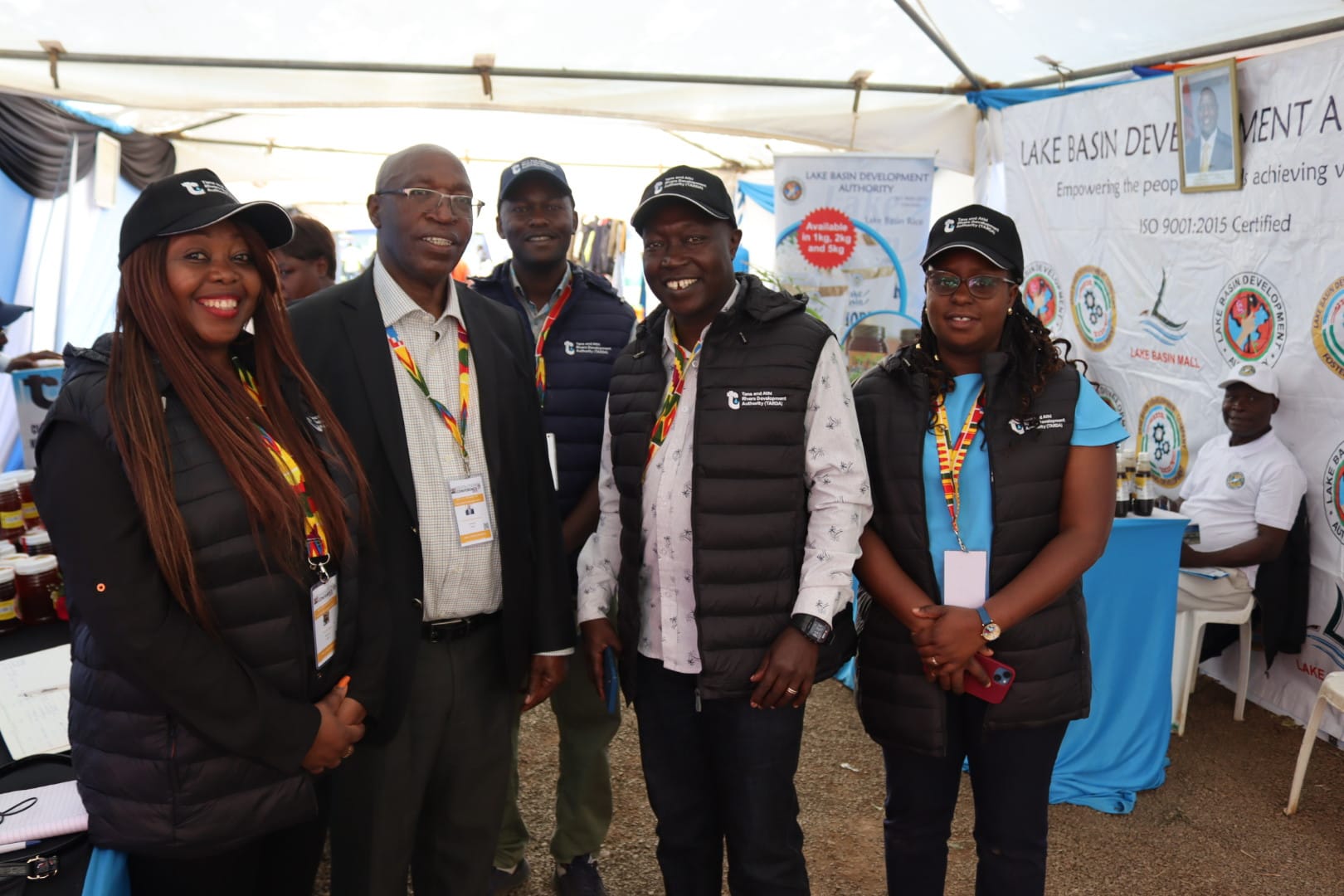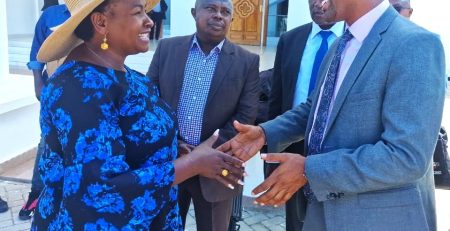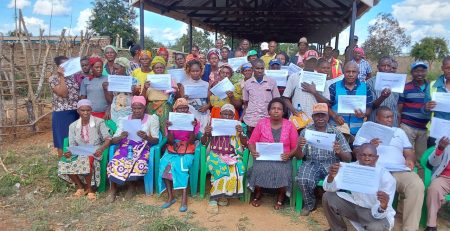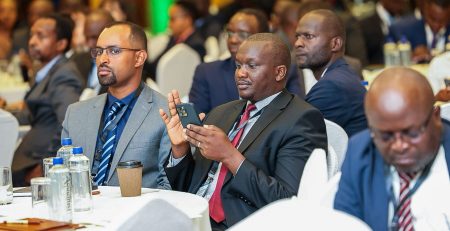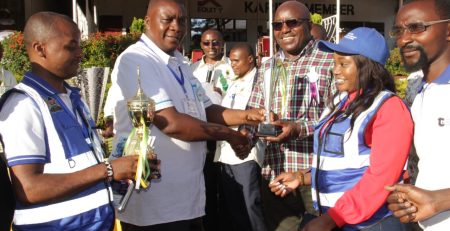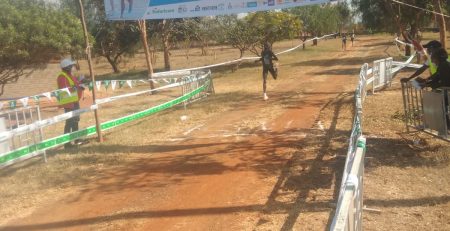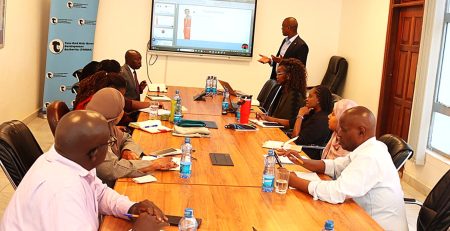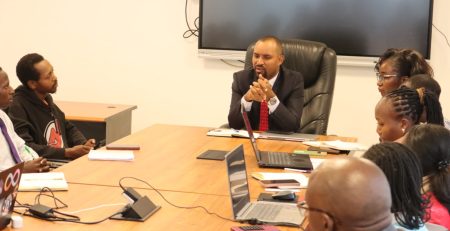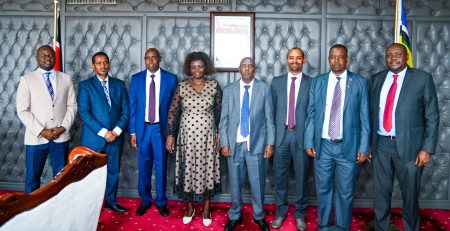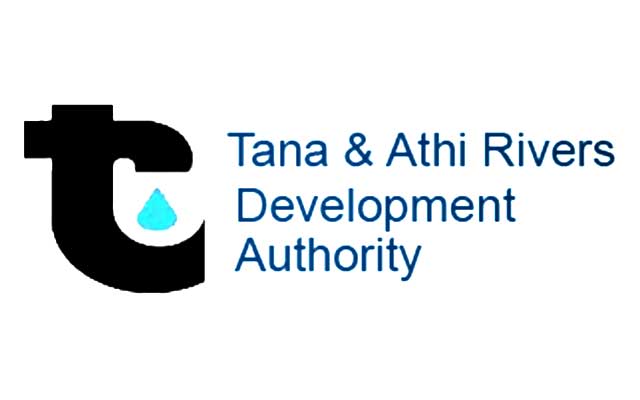8th DEVOLUTION CONFERENCE
TARDA recently participated in the 8th Devolution Conference alongside other stakeholders from the public, private, non governmental and international community under the theme “The present and the Future” Which seeks to bring transformational services to the locals in counties across Kenya. Devolution is the decentralization of power, resources and representation down to the local level. Specifically, the objective of the devolution of government in Kenya is to promote the democratic and accountable exercise of power and foster national unity by recognizing diversity. The Conference’s main objective was to focus on the gains made from devolution, challenges, lessons learned, gaps and opportunities to embrace in the future.
In the last 10 years, County Governments have provided a platform for harnessing new opportunities to address development challenges by planning, coordinating and assigning resources and driving the transformative agenda in a decentralized approach. This aligns with TARDA’s mission on integrated planning and coordination of development initiatives across the expansive Tana and Athi River Basins that also extends to the implementation of Projects that focus on the responsible utilization and protection of the region’s invaluable water and soil resources. TARDA has continued to offer services to Kenyans through the different projects across the country under its purview.
In line with the principles of Devolution, TARDA has strategically directed its efforts towards multifaceted development initiatives. These endeavors encompass hydro-power generation, environmental preservation, natural resource planning and management, as well as the promotion of economic growth in rural areas. The overarching goal is to alleviate regional disparities and contribute to the holistic development of the nation.
One exemplary project is the Masinga Dam reservoir, a collaborative effort with KenGen, aimed at hydroelectric power generation for the national grid. This initiative has played a pivotal role in the country’s overall development. Additionally, substantial progress has been made in enhancing the region’s infrastructure. Notably, an 80-kilometer tarmac road stretching from Kanyonyo to Embu and a 12-kilometer road from Kaewa to Masinga Dam Resort have been constructed, significantly improving accessibility.
Furthermore, the creation of a 1-kilometer tarmac airstrip at Masinga has not only boosted accessibility and revenue generation but has also been a source of employment, contributing to the economic sustainability and development of the region. The establishment of new police stations has also bolstered security in the area.
Across various regions within TARDA’s jurisdiction, these reservoirs have made substantial contributions to rural development and growth.
The Authority has also launched crucial programs aimed at planning for future mitigation and solutions to address challenges facing the counties within its purview and the nation as a whole. The Kenya Climate Change Adaptation program, for instance, is designed to enhance climate-resilient agriculture, agro-forestry and pastoral and agro-pastoral production systems. This, in turn, enhances food security in Kenya.
Additionally, the program seeks to improve climate-resilient water management systems and reduce disaster risks among vulnerable communities facing climate-related challenges. These initiatives are empowering local communities and fostering development across various regions and counties.
Through its Integrated Food Security Program, TARDA is actively engaged in efforts to boost food production in the country. The ongoing rehabilitation works at the Kitere-Sailoni channel are a testament to this commitment. These efforts aim to increase water supply to the region, facilitating expanded farming activities and supporting rice production schemes. Ultimately, this will reduce dependency on relief efforts and stimulate socio-economic growth in Tana River County.
TARDA’s collaborative approach is key to its success. The Authority consistently involves local governments and communities, ensuring that its mandates align with the principles of Devolution. By fostering development, resource utilization, and community engagement, TARDA contributes significantly to national unity and inclusivity in both local and national government projects.


